Let me tell you a few things about me, which you may or may not know depending on the length or depth of our acquaintance. Though it occurs to me that maybe some of these details could not be called up even by my nearest and dearest. Perhaps because they never came up, or perhaps because the sheer avalanche of things that have poured out between us over the decades make it hard to keep track of every story, every tiny detail of significance.
But I digress, which is perhaps another thing you should know about me, or would if you listened to me talk in real-time. I am prone to digression, and rambling, maybe, just a touch. Or what I prefer to think of as telling stories with all the colors in the crayon box. I mean, why would there be 64 different colors in the box if you weren’t meant to use all of them?
Anyway! About me. Perhaps, obviously, I’m a writer. My writing has evolved over time, taking different forms, but the thru-line has always been this thing about wholeness, integrity, and how we hold all the messy, lurid, ecstatic, horrifying, and delightful aspects of being human in our very limited hands. I have been chasing this question for nearly fourteen years now. I don’t know if I will ever catch it. I don’t know if I’m supposed to.
What else? I love to garden, though I am not a great gardener by any stretch. But put me in front of a trellis of sugar snaps, or place in my reach a tomato plant that I planted nearly falling over with the weight of the Sungold cherries ripening on its stems, give me fresh herbs and a big, dented metal bowl to collect it all in (though it wouldn’t be sugar snaps and Sungolds at the same time. Even a haphazard gardener such as me can tell you that. One being an early crop and one being much later.) and I am happier than nearly any other moment of my life.
Let’s see… I’m also a singer. I sing in a choir whose repertoire focuses on spirituals and gospel, which is a relatively newfound love of mine. But it is also a function of American popular music that it steals from and commodifies the music of Black folks, most often to their detriment, so it’s also true that I’ve loved the music of Black folks most of my life whether I knew it or not. Sometimes the knowing was quite obvious, though, like at my first stadium show in 1984 when I went with a friend to see DeBarge open for Luther Vandross at the Cap Center. Me, perhaps the whitest girl on the planet, my light-skinned friend, Amina, and a sea of Black women who made it clear in no uncertain terms that we did not understand what we had gotten ourselves into. They were right. We didn’t. Why am I telling you this? Stick with me for a moment. It will make sense, promise.
Now, let me tell you some things about my brother David. My brother David was an artist. He painted and drew. He also loved music, traveled with The Grateful Dead, and like most Black men of our generation, got super turned on by hip-hop, eventually becoming a DJ. Did I mention that my brother was Black? Both of them, actually, but we’ll get to that. David was also athletic and intensely physical. He skateboarded, skied, and rode bikes. Like me, he did stints in team sports as a kid, but individual pursuits in community were more his bag. Also, he was something of an adrenaline junkie (and eventually a heroin junkie, though I’m not sure the two are related, but maybe. They are both escapist in their way.), so activities through which he could go fast, hurl himself at things or down things, risk life and limb (Ah! There’s another way adrenaline and heroin are similar.), those were always his passion.
My brother Paul, he’s the oldest, is another person entirely, because of course he is. He works, has worked for 15 years (maybe 20? I’m not, honestly, sure.) with old people. He’s the activities director at an elder care facility, which takes a certain temperament, for sure. Paul is loud, a bit of a bull in a china shop, but this works when the people you care for are mostly hard of hearing and increasingly hesitant. He chivvies and cajoles and gently bullies his residents as necessary to get them to continue to engage and participate in life. Paul loves a good story, mostly the telling, because he’s not the greatest listener, and is never short on philosophical insights and opinions. Being 10 years older than me, Paul introduced me to certain aspects of culture that I might have missed or not gotten to until later. For instance, he insisted I listen to and appreciate the work of Patti LaBelle and he took me to my first R-rated movie— Purple Rain— all hail he who does not even need a name. Like me, like David, Paul is also intensely creative in his own way. He dreams of returning to his passion for photography and building himself a darkroom again. Awkward, enormous photo-developing equipment waits in a corner of our mother’s upstairs bathroom even now in anticipation of that day because there’s no space in the Section-8, 8th-floor apartment that he shares with his wife, step-daughter, and periodically two of his step-grandsons, who he loves with an unwavering tenderness and enthusiasm that I’ve never witnessed in him previously, and that moves me.
And now, let me tell you about Ross Gay, which was ostensibly why I started this essay, but I am realizing that, if we’re honest, all of our sharing of people with other people is filtered through why they matter to us particularly, and how Ross resonates with who I am, who my brothers are, or were as the case may be, is a crucial part of this story. Still, Ross is a force unto himself, and that matters, of course, so let’s talk about that.
Ross Gay is a professor, a poet, and an essayist. He has written four books of poetry– Against Which, Bringing The Shovel Down, Catalog of Unabashed Gratitude, and Be Holding– and two books of essays. His 2019 book, The Book of Delights, grew out of a project through which he attempted to write a short essay about delight every day for a year. This book, y’all. It is a wonder. It’s not a sweet book, though you might imagine it would be looking at the lovely, arboreal cover. (Vegetal? I don’t know. It’s pretty.) It’s not treacly. Instead, it’s a book full of heartfelt and thought-provoking meditations on the things that leap to the forefront of our conscious awareness in the midst of moving through our days. That fill us with delight, wonder, sometimes awe, often unexpected enthusiasm, and tender connection. They also tend to send us, or certainly Ross, since he tends to digression like me, down rabbit holes full of cascading, related delights, sorrows, and wonderings.
Delight is childish in a certain way, but a good one. To feel delighted is to allow for the sincere, present, wide-eyed attention that being young and somewhat unencumbered entails. The ability to walk down a street, look around a room, or putter about the yard and just be taken, suddenly, by something out of nowhere. And then to have the time, and to offer that time without pause or guilt or regret, to ponder the fascinating, surprising, delightful aspects of that thing or person, or thought, or feeling. Ross is really good at delight and seems to be getting better at it as he moves along.
Ross’s most recent book of essays, Inciting Joy, is another iteration of his developing body of work around an idea, or a set of ideas, that he is chasing (we are alike in this way) which in a recent interview he reflected is centered around joy, ultimately, and how joy and sorrow are so inextricably entangled. And how they inextricably entangle all of us together. All our joy, Ross insists, is predicated on the reality that we’re all going to die. The inevitability of our death connects us, as does our capacity to step into joy even so, to be enlightened maybe, if you tend towards that sort of language, which is to say, in light, infused with it.
Through both books of essays, and his poems, Ross ponders and explicates his joys and sorrows, his dismays and delights. Gardening, basketball, community, connection, racism, capitalism, DeBarge, Luther Vandross, De La Soul, family, grief, death, skateboarding, hugging, ethics of care and attention, and the particular, yet universal, and poignant experience of sorrow all fall under his gaze. It feels like all of it, everything, is held carefully, thoughtfully, tenderly in his remarkably enormous hands.
I noticed Ross’s hands, which match the rest of his raw-boned physicality when I met him recently at a reading and signing he did at the university where I work. Dude is big. Tall and large-boned, his wrist bones protruding and enormous, maybe the size of quarters. He shares that with my brother David, who was also tall, lanky, and big-boned all at once. Ross’s smile is also enormous, wide, and often erupts, along with his laughter. For as commanding of a presence as he is, which might suggest a certain weightedness or heaviness, he is surprisingly effervescent, playful, and tender. Even as he is delivering deep wisdom and hard truths. How he does this, I’m not quite sure. It’s not like anything, anyone, I’ve ever encountered.
And here is where I must confess that I have a horrible crush on Ross, but not in the romantic sense. It is more like the girl-crushes of high school, which, for me anyway, were an odd mix of eroticism and mostly aspiration. Like, you couldn’t quite tell if you wanted to kiss her or be her. In Ross’s case, it’s not that I want to be him but to be related to him. I want him to be my brother, which is, of course, somewhat absurd, but also deeply poignant for me. And I realize that this poignant yearning for a brother who might be able to be for me what my brothers were not has informed every friendship I’ve ever had with a Black man since I left home nearly thirty years ago.
I also realize, within the context of white supremacy and me as a White woman, that this is a complicated thing for me to yearn for, and to write. But it’s also true that my life, my relationship to race and to Black men in particular, is more complicated, or perhaps differently complicated, than most other White people. There are Black men, two of them, who are family to me. Not even chosen family, like friends or romantic partners might be. But like “I woke up on this planet and there they were” kind of family. Like, “my world is foundationally built around my love for and historically painful connection to them” family. Like, “there is no me without them” family.
This doesn’t give me any particular insight into race relations or any pass on racism, but it does put me in an unusual position that has probably caused frustration and confusion for the Black men who I’ve been close to over the years. Because I’m sure they can sense the projection of my complicated feelings about my siblings onto them, which is never entirely fair. Though are we ever entirely free of our projections in any relationship? I suspect where it gets really unfair is when it’s unconscious, so the projector isn’t taking any ownership over the difference between now and then, between you and them. I’ve done that before, I must admit. Been that projector just rolling away, reel after reel of old stories, so old there’re spots on the film and it flames out at the end. And some poor guy is just sitting there, minding his business, with the fractured glare of my broken heart-light shining in his eyes.
However, in this case, I am fully aware of the yearning that I feel when I read Ross’s work and felt when I met him in person. He inhabits a physicality, both in terms of his skin color, his size, and the sheer force of his presence, that echoes both my brothers in various ways. But he also evinces a tenderness, a thoughtfulness, a vulnerability, and a softness that I never experienced from either of them and which I hungered for quite desperately.
It is a gift, honestly, to sit in this stew of joy and sorrow that overwhelms me when I read Ross’s work. It is exactly the sort of inextricable entanglement of feeling and relationship that I think he is pointing to continually, as if to say, “Look! Look around! It’s all here and we are all the way in it, always, but also together. How great is that?!?”
After the reading the other night I went to the signing to get Ross to sign two books for me. I had brought with me one of my few pictures of the three of us because the two of them are so with me whenever I read Ross’s work and I wanted them with me when I was actually with him. It felt right to have them, or at least a physical representation of them, there with me.
I showed the picture to Ross at the signing. I told him that they are always with me when I read his work, all the love I feel for them, and also all of the incredible sorrow because he, Ross, is able to express and inhabit a tenderness and a gentleness that I always yearned for from them and never got. To love them, I said, has felt like loving a knife, or a landmine. At the same time, as Ross has written about his own father after his passing, my relationship to my brother David, who died in 2020, has deepened and softened since he’s been gone. Once he was no longer an active landmine, since I have no particular beliefs about the afterlife that would dictate what the nature of our relationship might be, or where he might be, now that David is dead, I told Ross, we are simply free to love each other. Finally.
Paul and I are stumbling toward each other slowly these days, too. Texts on birthdays and holidays. The occasional meal when I make it down to D.C. His wife and I share back and forth on Facebook. It’s sad and also beautiful to be getting to it all so late in the game, after so much and so long.
The first book I had Ross sign was for Paul, whose birthday is this next week. He seemed delighted to know, after all of this explanation of my complicated love for my siblings and the significance of his work for me, that the book could function as a bridge. That he could move from projection to connection. He wrote on the title page:
Paul–
Whose heart is enormous. In joy together.
Ross Gay
The other book, Inciting Joy, I asked him to sign for David. Even though he is dead. I told Ross that David is always with me when I read his work and with the book signed for him, he can be with me further, again, another layer of being with. He asked me how David died, and I told him, He was a lifelong addict who died of cirrhosis of the liver at 53. And he looked at me with recognition, like Yeah, it happens like that, doesn’t it? But also with sympathy. With exactly the tenderness which is why I am, and will probably always be, brother-crushed on him so hard, and wrote the following:
David–
It is so beautiful to watch you change, and soften.
Thank you.
Ross Gay
Oh, my heart! My joyful, broken heart.
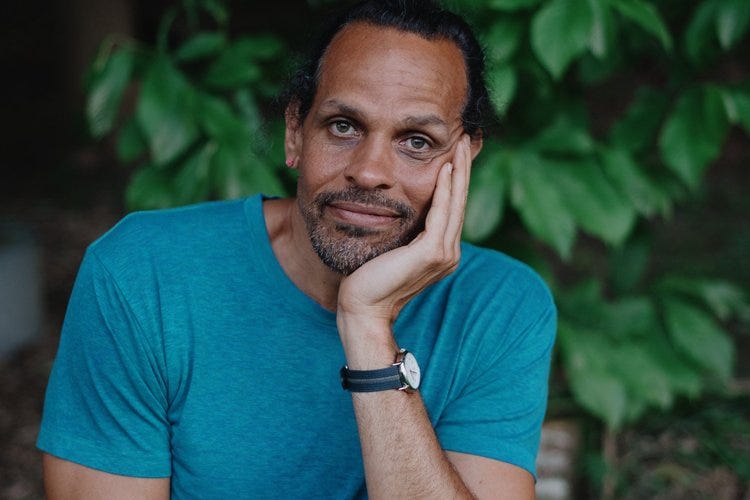
So, I’ve waxed on about this for a long while, and it’s probably time to wrap it up. What do I want to say about Ross Gay in the end? I want to tell you to read his work, which is tremendous and delightful, and moving. I think he offers a model for introspection and discernment, both of which are essential aspects of integrity, infused with a degree of delight and joy that is enlivening and necessary. And I think the way he shows up in the world, as a big, Black man who loves basketball and poetry and music and gardening and young people and hugging and laughter and tenderness and vulnerability and eccentricity, who never, ever enters into debate about whether he gets to love all of those things or be exactly the one he is as a Black man in America, is so important.
His work is important and his personhood is important and I’m just so damn glad he exists, right now, on this planet with us. As Ross would say, emphatically, God DAMN. Thank you.





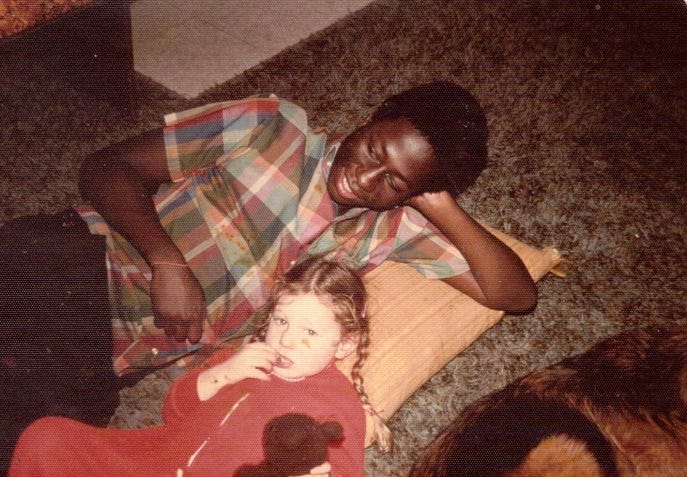
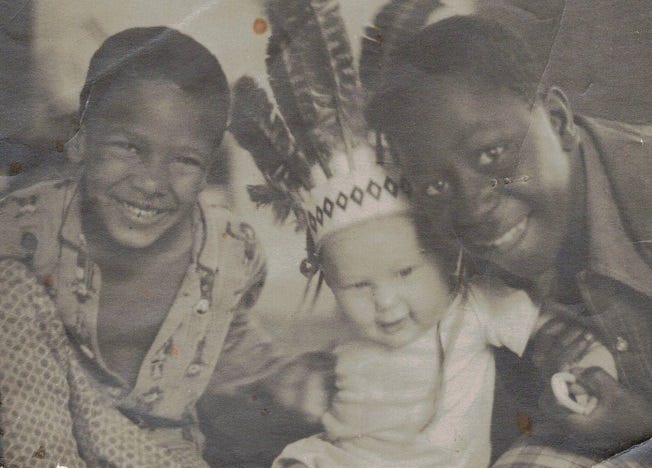



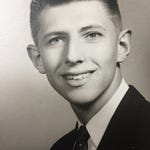
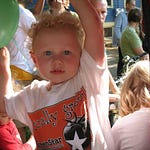
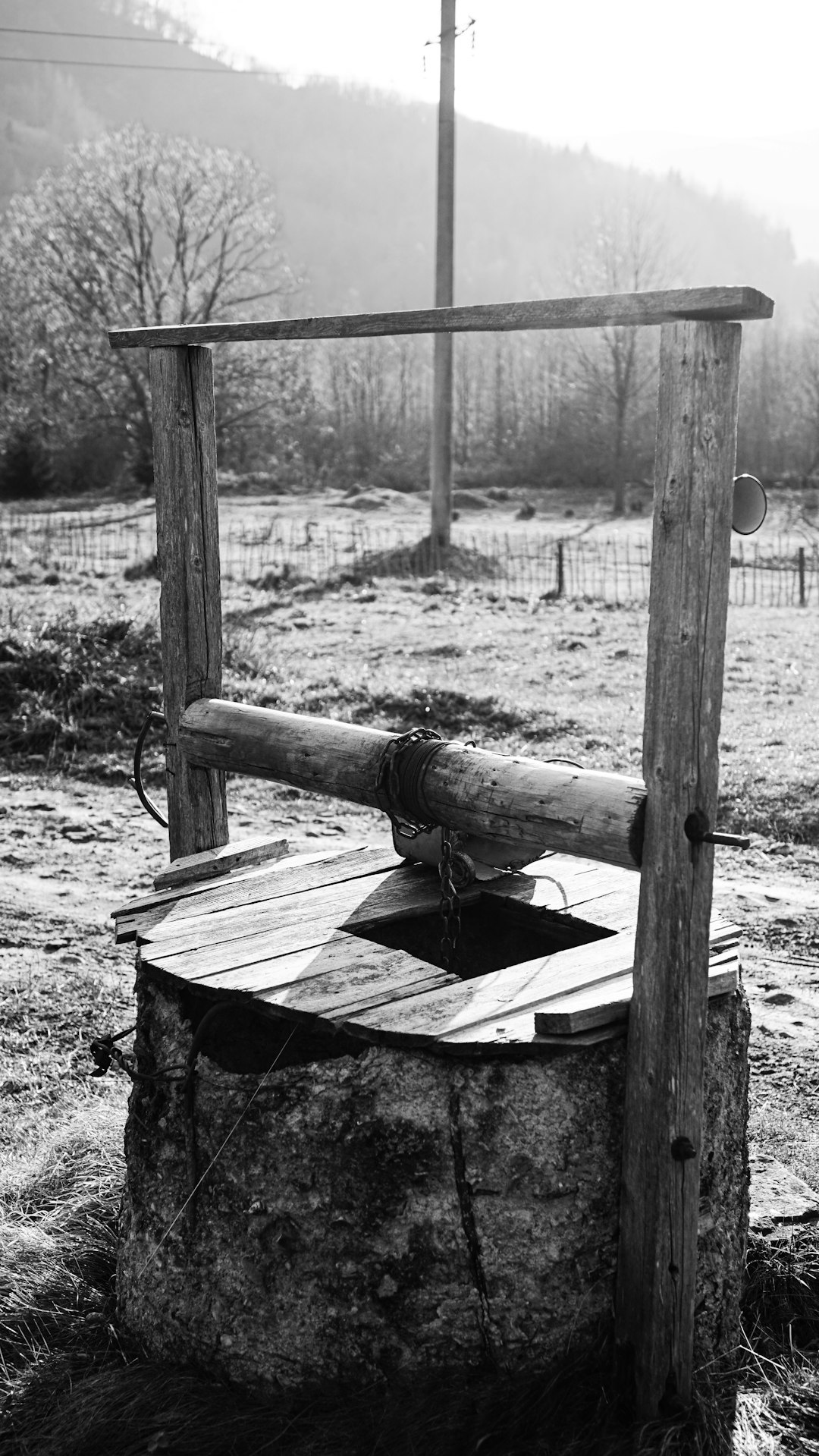
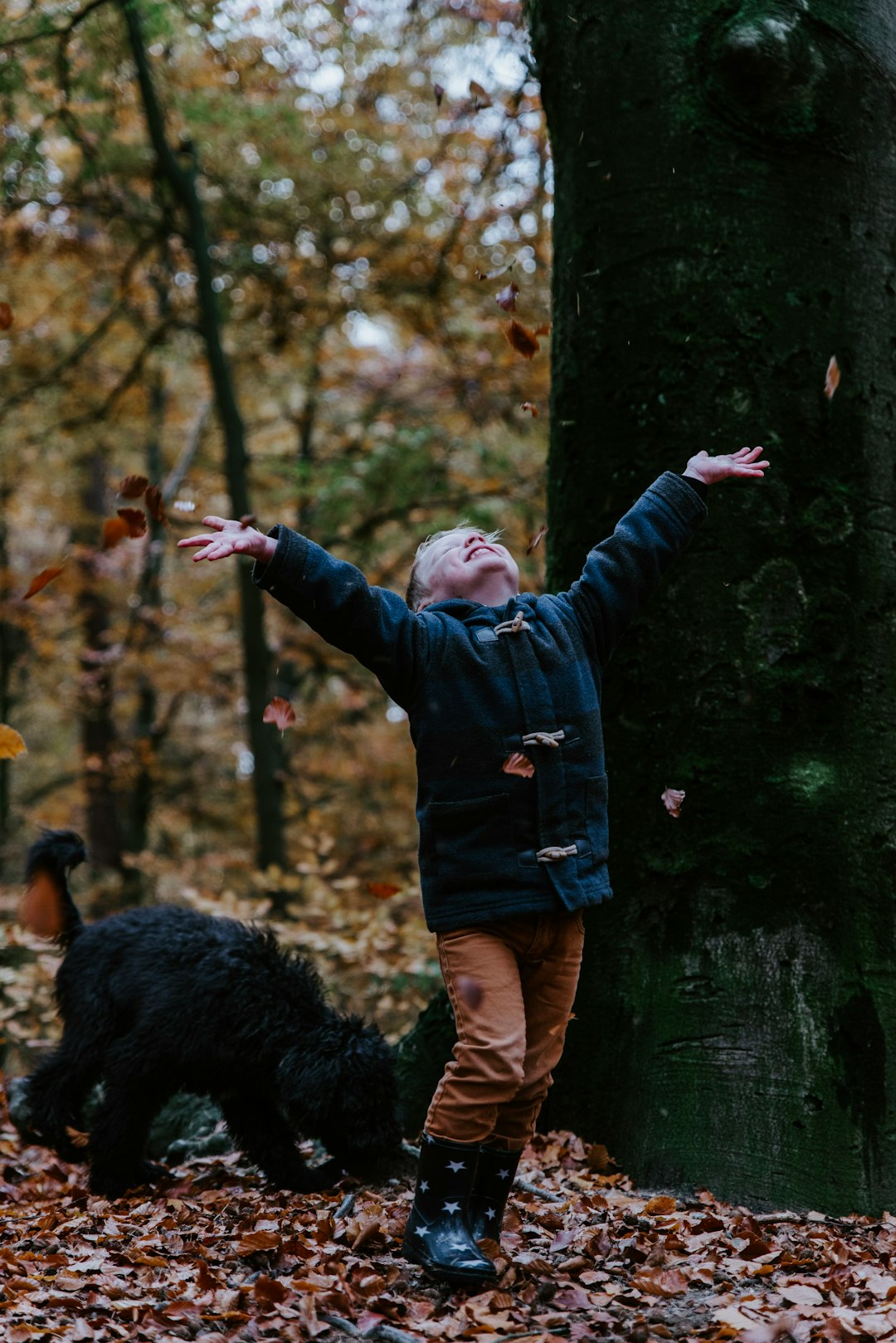



Share this post